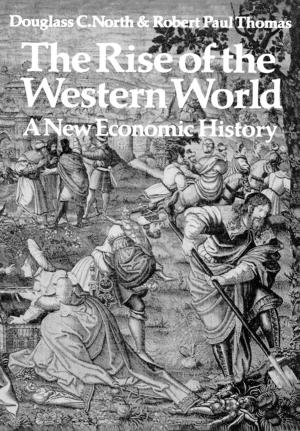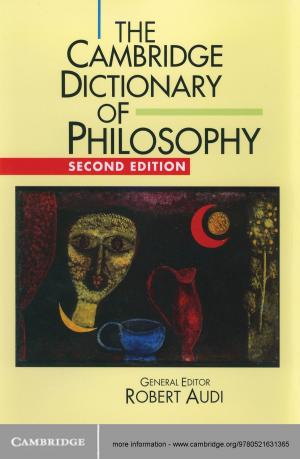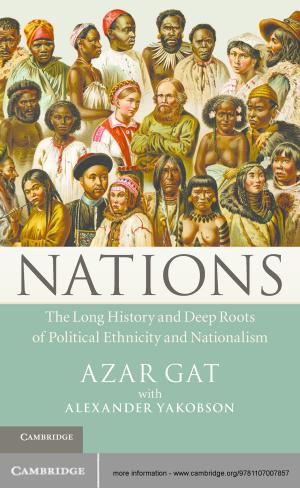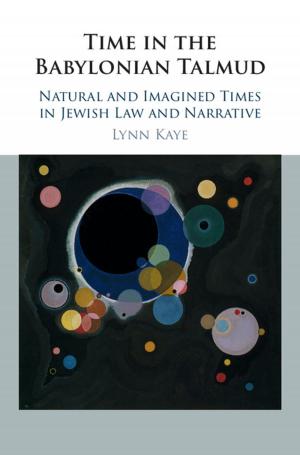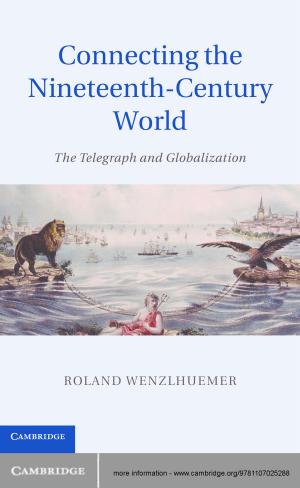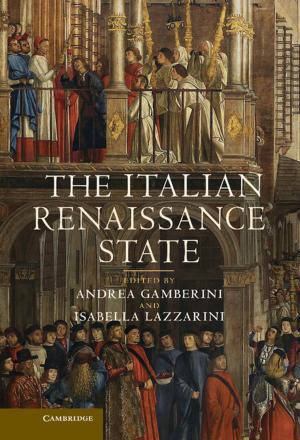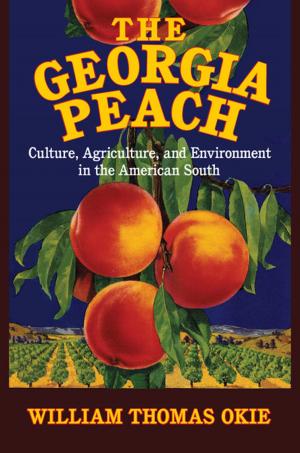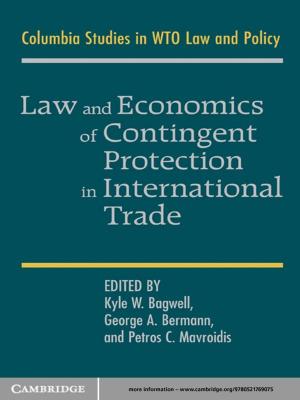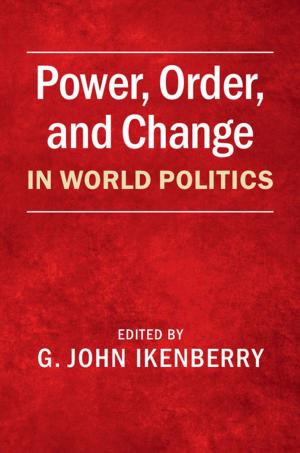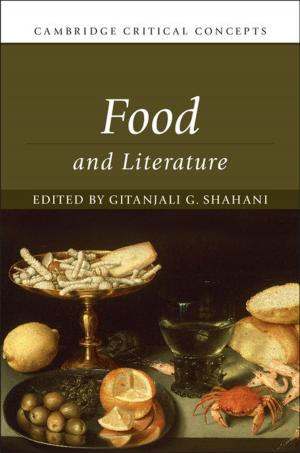| Author: | John Goodridge | ISBN: | 9781139609890 |
| Publisher: | Cambridge University Press | Publication: | December 20, 2012 |
| Imprint: | Cambridge University Press | Language: | English |
| Author: | John Goodridge |
| ISBN: | 9781139609890 |
| Publisher: | Cambridge University Press |
| Publication: | December 20, 2012 |
| Imprint: | Cambridge University Press |
| Language: | English |
John Clare (1793–1864) is one of the most sensitive poetic observers of the natural world. Born into a rural labouring family, he felt connected to two communities: his native village and the Romantic and earlier poets who inspired him. The first part of this study of Clare and community shows how Clare absorbed and responded to his reading of a selection of poets including Chatterton, Bloomfield, Gray and Keats, revealing just how serious the process of self-education was to his development. The second part shows how he combined this reading with the oral folk-culture he was steeped in, to create an unrivalled poetic record of a rural culture during the period of enclosure, and the painful transition to the modern world. In his lifelong engagement with rural and literary life, Clare understood the limitations as well as the strengths in communities, the pleasures as well as the horrors of isolation.
John Clare (1793–1864) is one of the most sensitive poetic observers of the natural world. Born into a rural labouring family, he felt connected to two communities: his native village and the Romantic and earlier poets who inspired him. The first part of this study of Clare and community shows how Clare absorbed and responded to his reading of a selection of poets including Chatterton, Bloomfield, Gray and Keats, revealing just how serious the process of self-education was to his development. The second part shows how he combined this reading with the oral folk-culture he was steeped in, to create an unrivalled poetic record of a rural culture during the period of enclosure, and the painful transition to the modern world. In his lifelong engagement with rural and literary life, Clare understood the limitations as well as the strengths in communities, the pleasures as well as the horrors of isolation.


